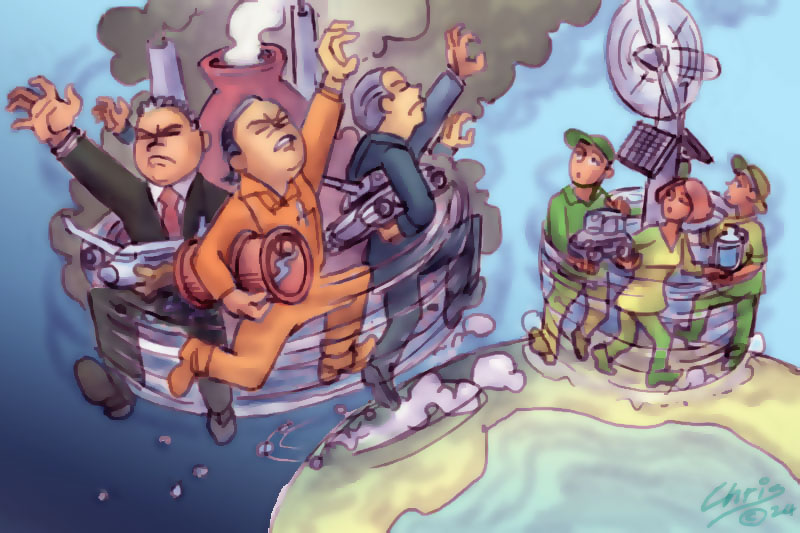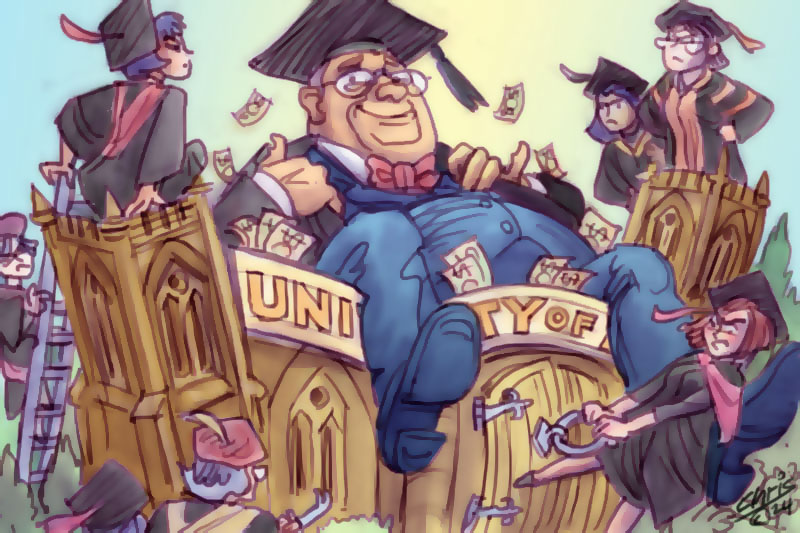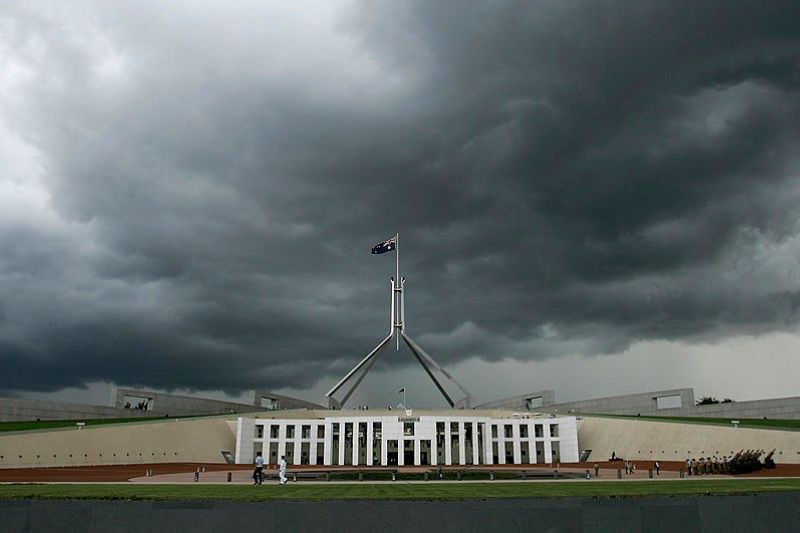Keywords: Income Management
-

ECONOMICS
- David James
- 29 January 2025
A plan to raise superannuation taxes on high-value funds has stalled in the Senate, sparking a broader debate about government control over retirement savings. Rooted in a unique system that places ownership squarely with individuals, Australia’s approach has delivered impressive returns, yet political pressures threaten to reshape its future.
READ MORE
-

ECONOMICS
- David James
- 11 December 2024
BlackRock CEO Larry Fink predicts AI and shrinking populations will bring higher living standards without growth. But his optimism overlooks a critical flaw: conflating productivity, efficiency, and the true cost of 'growth.' With economic foundations shifting, the future demands a radical rethinking of capitalism’s purpose and the systems driving it.
READ MORE
-

ENVIRONMENT
- Phil Jones
- 28 November 2024
1 Comment
Infinite economic growth on a finite planet is a paradox we can no longer ignore. As environmental crises deepen, solutions like the Steady State Economy offer a roadmap to balance sustainability and prosperity. Yet, transitioning from growth-centric systems raises hard questions: Can we create an economy that values life over profit?
READ MORE
-

AUSTRALIA
- David James
- 24 October 2024
3 Comments
Soaring property prices and declining fertility rates are entwined in a feedback loop, threatening long-term economic stagnation. As younger Australians are priced out of the market, many are delaying or forgoing parenthood, leading to an increasingly divided and unsustainable society.
READ MORE
-

ECONOMICS
- David James
- 10 September 2024
2 Comments
As continued high interest rates and stagnant incomes put a strain on households, leading more Australians give up on the dream of home ownership, government attempts to manage both the cost of living crisis and the housing crisis may be doing too little too late.
READ MORE
-

AUSTRALIA
- Joseph Camilleri
- 28 August 2024
3 Comments
As Australia faces numerous moral crises from domestic inequality to global militarization, a proposed national charter of principles could to reshape our society and redefine our global role. This declaration would acknowledge Indigenous dispossession, prioritize human rights, and shift focus from military alliances to human security.
READ MORE
-

AUSTRALIA
For decades, unchecked corporate power and policy failures have driven up Australia's cost of living, leaving many Australians struggling. As corporate interests dominate, CEO pay increases dramatically while wages stagnate, and inflation rises. This influence of corporate Australia has eroded economic safeguards, dismantling the guardrails that once protected the common good.
READ MORE
-

EDUCATION
- Erica Cervini
- 02 May 2024
In 1883, Bella Guerin became the first woman to earn a degree in Australia, a milestone for women in higher education. Today, women make up a majority of university students and staff, yet disparities in pay and representation persist.
READ MORE
-

AUSTRALIA
- John Falzon
- 14 December 2023
4 Comments
No doubt there were some who genuinely believed that privatising employment services would result in better services at a lower cost to the public purse. But the engineers of the socially destructive projects of the neoliberal era knew very well that they were more likely to result in the enrichment of some to the detriment of many.
READ MORE
-

ECONOMICS
- David James
- 10 October 2023
1 Comment
As Western economies grapple with soaring inflation rates, the once steady financial landscape is shifting, revealing looming challenges beneath mounting global debt. Amid 'Great Reset' calls, many face an uncertain future where the true cost of living is set to be redefined.
READ MORE
-

AUSTRALIA
- James Massola
- 14 July 2023
5 Comments
Catherine Holmes' Royal Commission report exposes the staggering mismanagement and human cost of Australia's Robodebt scandal. The scheme burdened over 500,000 Australians with non-existent debts and is linked to at least three suicides. This report unravels the culture behind the disaster and the potential repercussions ahead.
READ MORE
-

AUSTRALIA
Dr. Eve Vincent's book, 'Who Cares? Life on Welfare in Australia', provides an in-depth exploration of the intricate dance between power, control, and social policy, unearthing unsettling truths about our society's inherent power structures. This discourse further underscores the urgent need for a radical reimagining of our socio-economic systems.
READ MORE